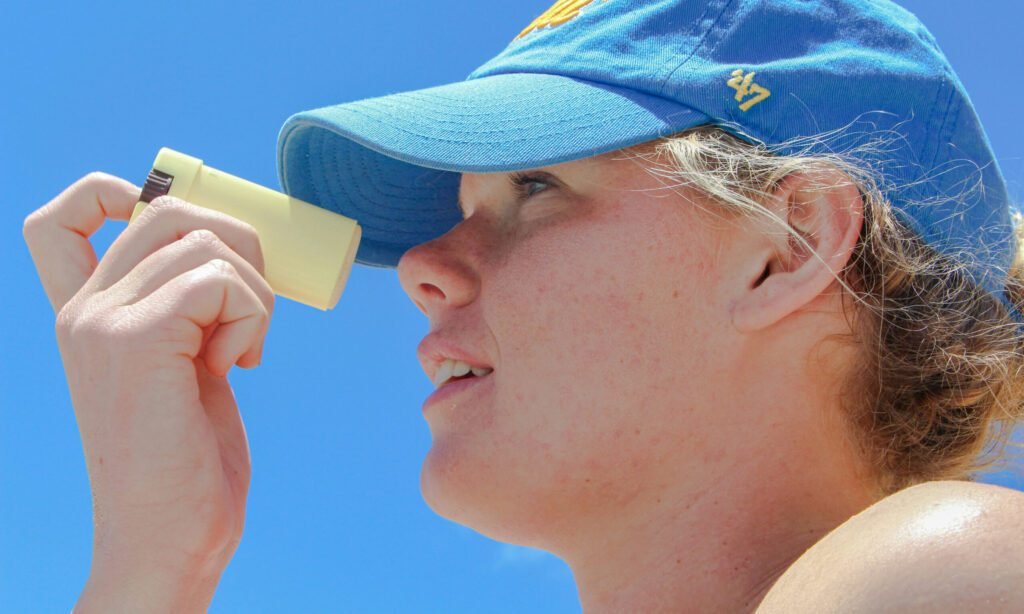The Ultimate Guide to Sunscreen: Debunking Myths and Discovering Effective Strategies
Sunscreen is no longer just a summer essential—it’s a year-round necessity. As the days grow longer and sunlight intensifies in the summer, understanding how to protect your skin becomes even more crucial. With a sea of information online—much of which is misleading—it’s time to separate fact from fiction. Here’s everything you need to know about SPF, backed by expert opinions.
Why Is SPF Important?
Sunscreen serves as the first line of defense against harmful UV rays, which can lead to skin damage, premature aging, and skin cancer. You may have questions about the effectiveness, safety, and proper usage of sunscreens. Let’s dive into some of the most common queries.
How Are Sunscreens Tested?
For sunscreens to receive their SPF rating, they must undergo rigorous testing primarily on humans. This process, known as in vivo testing, evaluates how well a sunscreen protects the skin from UVB-induced sunburn.
- Erythema Measurement: Cosmetic chemist Kelly Dobos explains, “We measure skin reddening (erythema) by comparing areas exposed to UV light with and without sunscreen.” This testing primarily involves individuals with lighter skin tones due to difficulties in assessing reddening in darker skin tones.
In addition to UVB protection, a sunscreen needs to pass tests for UVA protection to be labeled “broad spectrum.”
- UVA Testing Method: “We shine UV light through a thin layer of sunscreen on a plastic plate and measure how much light penetrates,” Dobos adds. This evaluation helps determine how effectively a sunscreen can protect against UVA rays.
Is It Okay to Decant Sunscreen?
Decanting sunscreen—transferring it to another container—comes with risks. Exposure to light and air can degrade the formula. New containers may also harbor contaminants.
Key Points:
- Stability Concerns: Packaging is designed to maintain the sunscreen’s effectiveness.
- Travel Restrictions: The TSA permits only 3.4 ounces, which is insufficient for proper application. Stick to carrying a larger bottle or purchasing one at your destination.
Are Chemical Sunscreens Safe?
Chemical sunscreens have gained a reputation for being potentially harmful, but they play a vital role in sun protection.
- How They Work: They absorb UV rays and convert them into heat before releasing them. However, they require about 30 minutes to become effective.
Joel Schlessinger, MD, emphasizes, “Even if you don’t wait the full duration, using any sunscreen is better than using none.”
- Safety Misconceptions: While some chemicals can be absorbed through the skin, Dobos reassures that “no evidence suggests these levels cause harm to humans.”
Are Mineral Sunscreens Always a Safe Choice?
Mineral sunscreens are often viewed as a safer alternative. With increased interest, dermatologist Janine Hopkins, MD, highlights:
- Gentleness: Mineral sunscreens can be less irritating for sensitive skin.
- Drawbacks: They may leave a white cast and be less evenly distributed on the skin compared to chemical filters.
Why Are U.S. Sunscreens Limited Compared to Others?
Globally, sunscreen formulations are more advanced than those available in the U.S. The stringent FDA regulations reclassified sunscreens from cosmetics to over-the-counter drugs in the 1970s, necessitating rigorous safety testing.
Concerning Facts:
- Ingredient Approval: Manufacturers face significant hurdles in obtaining approval for new active ingredients.
- Lagging Behind: “Most manufacturers pursuing new ingredients have ceased efforts due to the complexity of the approval process,” says Dobos.
Conclusion: Your SPF Strategy
As summer approaches and sun exposure increases, staying informed about sunscreen options is essential. Remember to:
- Choose the Right Type: Whether you opt for chemical or mineral, understand the pros and cons.
- Follow Application Guidelines: Apply liberally and reapply every two hours, especially after swimming or sweating.
- Consider Your Skin Type: Always select a formula that suits your skin’s needs.
For more nuanced insights on skin health, check out our resource on the best sunscreens for sensitive skin. Stay protected, stay safe, and most importantly, enjoy your time in the sun responsibly!


